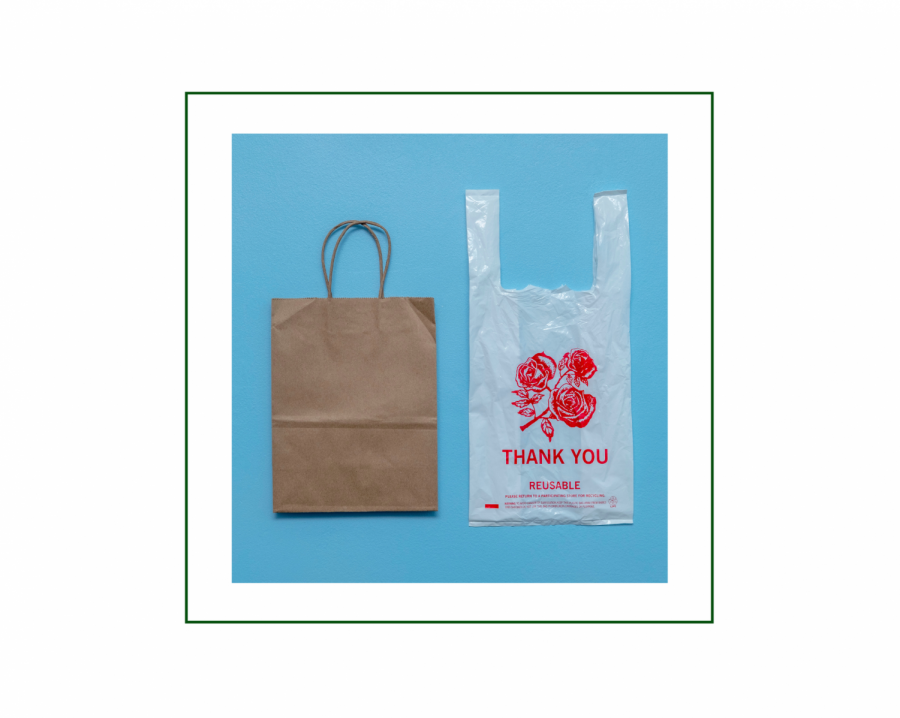Recycle and compost are sisters, while landfill is the ugly stepsister
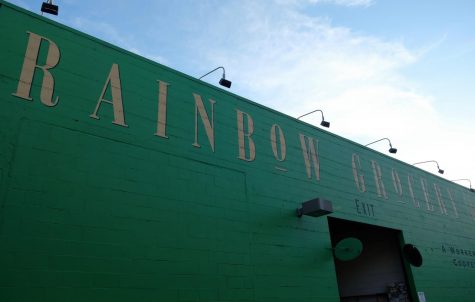
One of the worst home chores is taking out the trash. No one wants to do it, and somehow the silver chrome trash can is always full. However, eliminating garbage intake and striving for zero waste would be more suitable for your home and our environment.
As we deal with climate change, many of us have experienced the Bay Area skies turn orange during wildfire season or frozen water pipes at home in Texas. This issue starts with us, and converting to a zero-waste lifestyle is key.
“Why someone should convert to a zero-waste lifestyle is, of course, climate change,” said Briana Zhen, a residential Zero Waste associate at the San Francisco Department of the Environment.
San Francisco Department of the Environment’s focus is waste prevention, reuse, repair, recycle, and composting. Their zero-waste definition is, “resources end up being conserved, and nothing is sent to the landfill or incineration,” said Zhen.
Zero waste is eliminating landfill waste and aiming for sustainable practices that will reduce waste intake. Think of the three trash cans you see everywhere now: blue for recycling, green for composting, and black for landfills. These are the three destinations your waste will end up either reused or taking years to decompose.
When starting zero-waste practices, one does not have to be perfect off the bat; slow and steady wins the race.
Experts say it starts with small actions such as observing your waste intake, not overbuying, purchasing things with less packaging, recycling and trying to use the compost when needed.
30-year-old Berkeley resident Kathryn Kellogg is an author of the book 101 Ways to go Zero Waste, a content creator and founder of a lifestyle website.
In 2014, she started environmental practices due to financial and health reasons. Kellogg described her zero waste journey as “fun and creative.”
With county jurisdictions and store policies in place due to the pandemic, Kellogg and others have discovered new challenges in continuing their eco-practices.
“Of course, there are fewer opportunities for us to bring our own container to a lot of places… because of COVID, it’s the packaging waste from food, as an example. But it really hasn’t changed our day-to-day life that much because we built the infrastructure in our homes like reusable towels and having a bidet attachment and meal prepping and eating a low waste plant diet,” said Kellogg.
Zhen explained the main challenge is not using or taking one’s own reusable containers when grocery shopping.
“Reusable items that will be handled by someone else, such as a reusable coffee mug that is touched by someone at checkout, are still prohibited,” said Zhen.
Many of us have become hermit crabs at home the past year and are sometimes ordering takeout multiple times a week, but the packaging the food comes in can be a problem.
“The excess packaging, due to COVID has become a really big waste concern,” said Zhen.
If you’re someone who wants to be more environmentally conscious, it’s important to make sure to check one’s food delivery platforms to opt-out of any unnecessary food accessories.
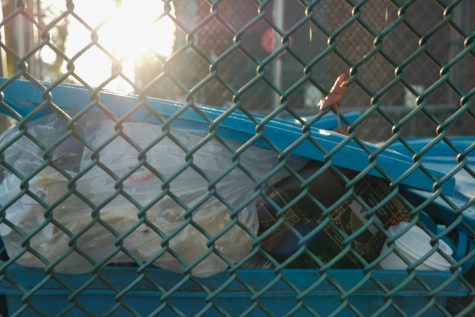
Cody Frost, Marketing & Creative Strategist at Rainbow Grocery, described zero-waste as people trying to lessen their waste on any scale.
“Zero waste is definitely a challenging thing to do, but I think that more people trying to do it more often is better than people trying to do it rather than not trying to do it. It’s about listening to your impact by making better choices,” said Frost.
SF’s local Rainbow Grocery has been around since 1975 to make organic and locally sourced products accessible, all while maintaining sustainable zero-waste practices and running the business on 100% renewable energy.
“I think that the store has been conscientious about sustainability and ecological responsibility since early on, and it’s kind of origin,” said Frost.
This co-op has a wide selection of “bulk” products ranging from nuts, grains, herbs, spices, tea, shampoos, conditioners, and lotions. One would usually be able to take their own reusable container to avoid packaging waste. The only problem is due to public health precautions people cannot use their own reusable containers in San Francisco during the pandemic.
“Customers can now buy the products that they want in bulk, but we still can’t have them bring in their own containers. And that’s a big deal because I think that’s one of the things that a lot of our customers are trying to do is be thoughtful about their impact, their environmental impact,” said Frost.” It’s been pretty challenging,” said Frost.
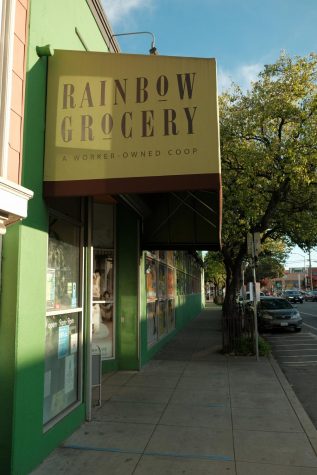
For their bulk products, Rainbow Grocery is offering customers compostable containers.
This community’s pandemic struggle is not using reusable containers, which completes their journey of zero-waste and not having to use excessive unneeded packaging that will eventually end up in the garbage and impact landfill sites.
A zero-waste beginner, 21-year-old Jesus Maldonado, has become aware of this waste consumption and has just started practicing zero-waste skills less than a month ago.
“I converted just by not only thinking about my future but the future of our planet. And I think it’s important to preserve the only planet we have. Just making little changes in your everyday routine can have such an impact,” said Maldonado.
In 2002, San Francisco set a goal of achieving zero waste by 2020, but due to COVID-19, this commitment has not yet been fulfilled.
According to the San Francisco Department of the Environment website, “This past decade, San Francisco reduced trash to landfill by half. Half of what goes to landfill – 444,000 tons of material – could be recycled or composted.”
With COVID-19 making it harder to be eco-friendly, practicing zero-waste has become more challenging during this pandemic. Advice from experts varies but the common theme is becoming conscious of waste, starting small, and having fun.
Kellogg’s advice for people thinking of converting to a zero-waste lifestyle is to start small and work your way up simply.
“Forget being perfect, said Kellogg. “Instead, focus on reducing waste, cutting out the excess, using what you have, using it to its fullest, upcycling what you have to avoid things from going to waste. It’s going to save you money, focusing more on things that are really important to you, and then using your time and your voice to call for larger systemic change from our legislators and businesses.”
Zhen suggests spending time educating yourself on the topic and fighting for eco-friendly laws. “Get involved in advocacy for zero waste policies and legislation,” said Zhen.
Frost quoted Anne-Marie Bonneau, founder of a zero-waste lifestyle website Zero-Waste Chef. “It’s not one person doing zero waste perfectly, it’s millions of people trying to do zero waste as best as they can.”
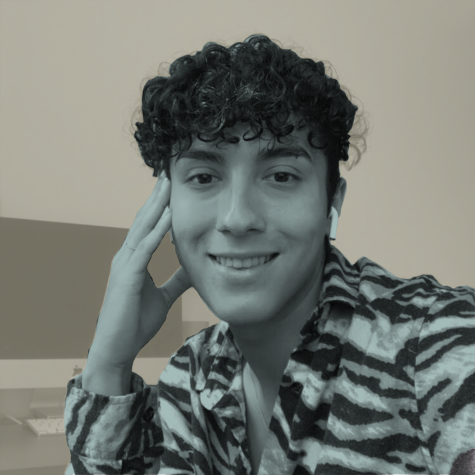
Justin Garcia (he/him) is a senior at SF State and serves as the social media editor for Xpress Magazine. His interests are fashion and music and he is...


